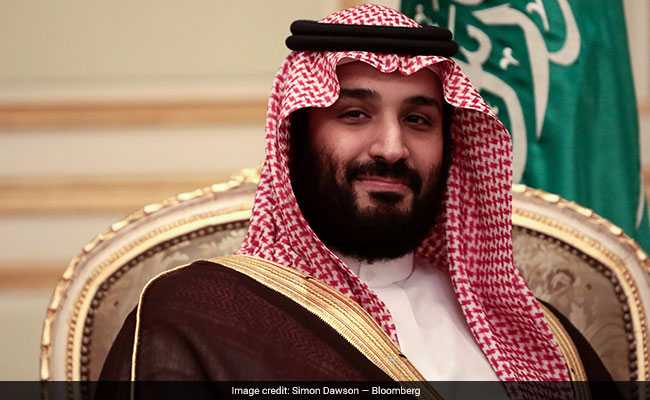Basking in the glow of international praise for allowing women to drive, Saudi Arabia issued a self-congratulatory news release June 27, saying Crown Prince Mohammed bin Salman, the country's young ruler, wanted to go further with his "Vision 2030" project. "Advancing the role of women is an important element" of the plan, the press release declared. However, it appears that allowing women to voice their opinions is not part of the plan. Instead, the crown prince is throwing them in jail.
The most recent victims are two women's rights activists, Samar Badawi and Nassima al-Sadah, both apparently detained for their outspoken advocacy. Badawi was a recipient of the 2012 International Women of Courage Award from the State Department. The citation described her as "a powerful voice" advocating for women's suffrage and against the guardianship system, under which women cannot marry, work or travel without the permission of a guardian or male relative. The citation added, "In a landmark case, Badawi was the first woman to sue her father for abusing the guardian system and preventing her from marrying the suitor of her choice. She is also the first woman to file a lawsuit against the government demanding the right for women to vote, and launched an online campaign to encourage other women to file similar suits. The efforts of activists like Badawi helped encourage a royal decree allowing women to vote and run for office in future municipal elections."

Crown Prince Mohammed bin Salman, the country's young ruler, wanted to go further with his "Vision 2030" project. (File)
Badawi is the brother of Raif Badawi, a blogger who founded a website called Free Saudi Liberals, where he challenged the religious establishment, promoted women's rights and called for a more tolerant society. He was arrested and sentenced in May 2014, to 10 years in prison, 1,000 lashes, and a 10-year travel and media ban following release. In January 2015, Badawi received the first 50 lashes in front of a Jiddah mosque. Since then, the barbaric punishment has stopped, but he remains in prison despite an international outcry over the monarchy's cruel treatment of a blogger.
The recent Saudi news release said the right to drive is "just one example" of the crown prince's "progressive agenda" in Vision 2030. Is it really progressive to imprison the people who first campaigned for the right to drive? In May, the crown prince detained at least seven people - five women and two men - who had been advocates for the right of women to drive. On top of that, recent months have seen wave after wave of arrests of writers and intellectuals who dared speak out or show the slightest dissatisfaction with the monarchy. Human Rights Watch has reported a skyrocketing number of people being detained for more than six months without referral to courts.
The crown prince seems to be gambling that he can be successful as an economic modernizer, diversifying away from dependence on oil, while retaining the kingdom's repressive ways when it comes to human rights. This is misguided. In the end, modernization means freedom of the mind as well as freedom to drive.
Disclaimer: The opinions expressed within this article are the personal opinions of the author. The facts and opinions appearing in the article do not reflect the views of NDTV and NDTV does not assume any responsibility or liability for the same.
(This story has not been edited by NDTV staff and is auto-generated from a syndicated feed.)

